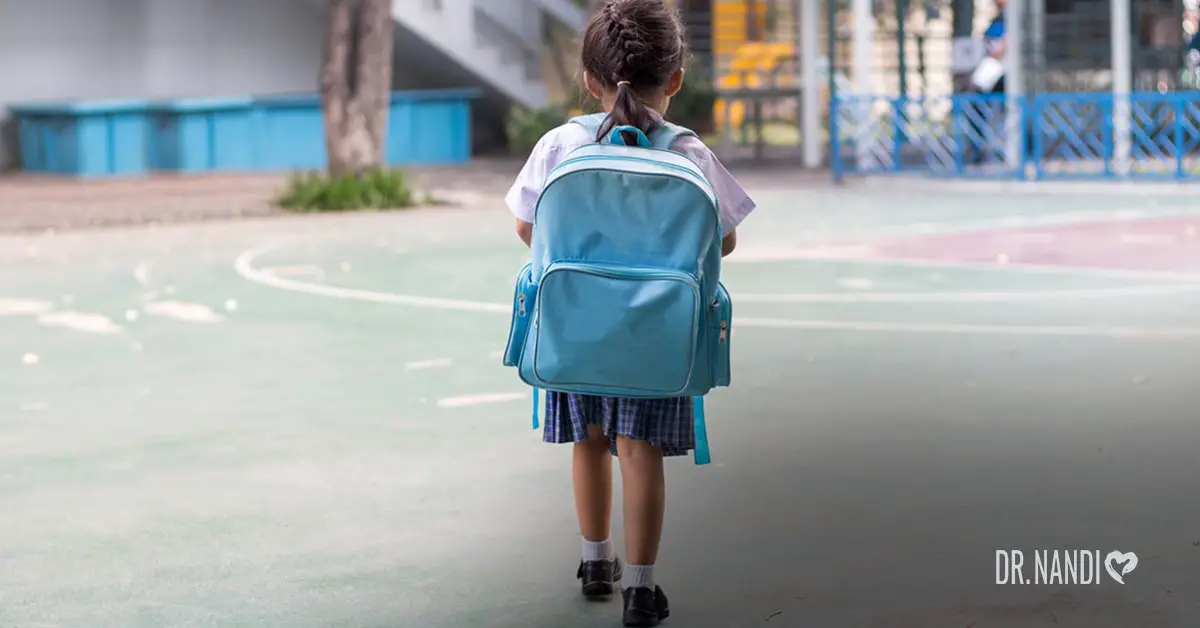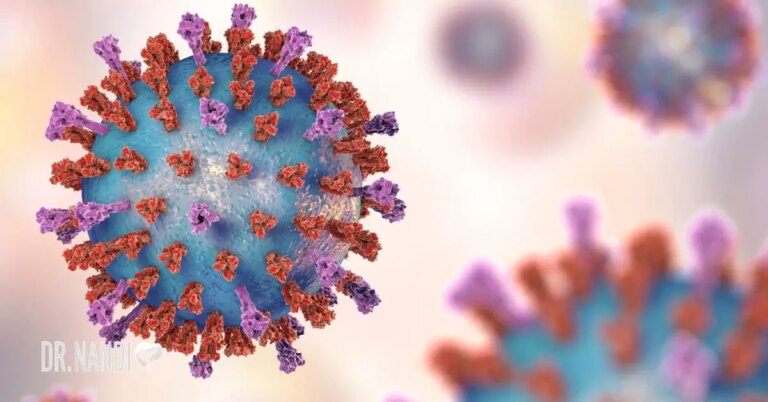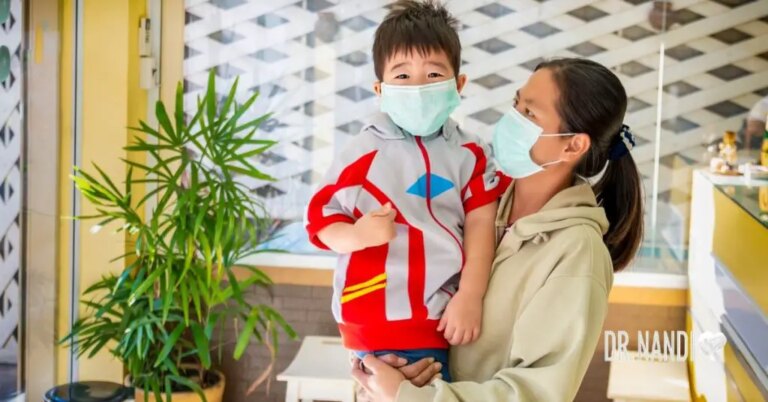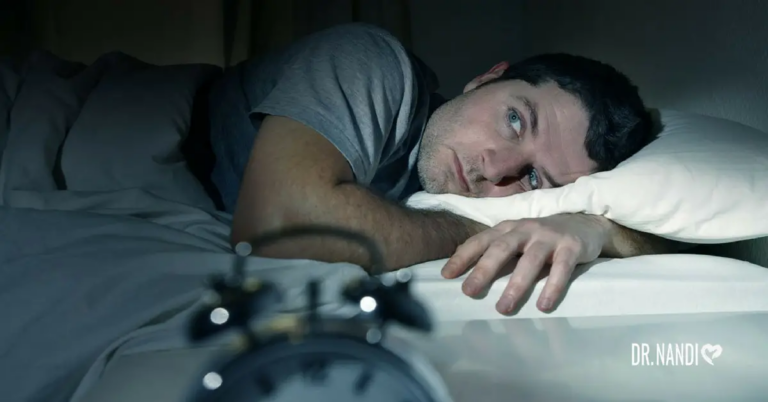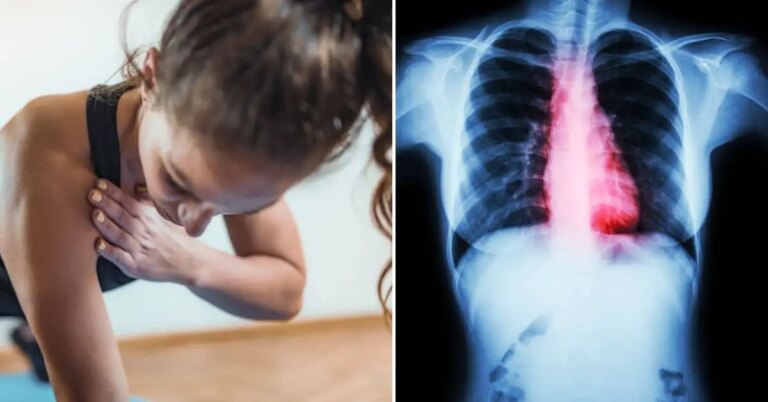As the summer vacation comes to a close, we come to accept that back-to-school is imminent. This season change may mean more quiet hours at home for you with the kids away, or it may mean starting up a few classes yourself. Whatever the case for your household, it’s important to be prepared not only with notebooks and pencils but also with some tips and tricks to keep your health and your family’s health in good shape.
Tips To Beat The Top Back-To-School Health Risks
Throughout my practice, I’ve found that the following illnesses and conditions are largely correlated with the school season. You can prevent this by becoming familiar with these risks and learning to avoid them.
Depression In School Aged Children
While you may find yourself and your kids to be energetic and lively throughout the summer, it doesn’t take long for depression to surface after only a few weeks back in school. The seemingly never-ending classes and piling homework can take quite a toll on anyone, regardless of age.
How To Avoid It:
There are many ways to fight depression, and what may work for you may not work as well for someone else. One way to help boost energy levels and improve your mood is to get daily exercise. Another is maintaining a healthy diet. Getting enough sleep is also extremely important. Finding the exact formula to beat depression may take some time, but just keep trying and don’t give up hope. The solution is out there for you! (1, 2, 3, 4)
Flus And Colds In School Aged Children
You know the drill. Warm chicken soup and cough drops, a cold towel for the forehead, and about seventeen boxes of tissues. Illness isn’t fun for anyone, especially when you know that one sick kid can lead to everyone sniffling and coughing throughout the house. But, although cases of flu and colds are common during the school year, they certainly don’t have to be your norm.
How To Avoid It:
The best preventative measure for avoiding these yearly epidemics is hand washing. Really, it is that simple! You may be surprised to hear that a randomized study showed that as many as 78% of people didn’t even use soap when washing their hands. Yikes! (5, 6)
Aside from the obvious factor of using soap when you wash your hands, there are other helpful tips when it comes to keeping your hands clean of germs. For example, be sure to scrub your hands thoroughly for at least 30 seconds before rinsing. Make sure your kids know how to wash their hands correctly (and often!) to avoid getting sick. (7)
Social Isolation In School Aged Children
Especially as social media and texting have become more prevalent throughout the world, kids’ social skills are suffering. Cell phones and computers make it so much easier to send an emoji rather than a smile, or a tweet rather than a talk. However, using technology to avoid face-to-face communication can lead to social isolation or loneliness. (8)
How To Avoid It:
One way to encourage more social interaction is to limit time spent with technology. For example, you could set a time limit for TV watching, initiate a no-technology rule at family dinners, and be sure that all electronics are turned off by 10 pm. It’s also a good idea to frequently engage your kids in conversation, encourage them to attend social events, and make new friends. All of these things can help lower the risk of social isolation.
Conclusion
While back-to-school may seem more like back to the battlefield when considering all the possible illnesses and conditions that this season may bring, staying within the healthy zone is a possibility for anyone and everyone. Try out some of these helpful tips and you’ll soon find yourself and the rest of the family able to navigate the schoolyard with ease.
Resources:
- https://www.ncbi.nlm.nih.gov/pubmed/16937952
- https://www.ncbi.nlm.nih.gov/pmc/articles/PMC4592762/
- https://www.ncbi.nlm.nih.gov/pmc/articles/PMC4898322/
- https://www.ncbi.nlm.nih.gov/pubmed/16259539
- https://www.ncbi.nlm.nih.gov/pmc/articles/PMC3928210/
- https://www.ncbi.nlm.nih.gov/pmc/articles/PMC3564897/
- https://www.ncbi.nlm.nih.gov/books/NBK470254/
- https://www.ncbi.nlm.nih.gov/pmc/articles/PMC3166409/



